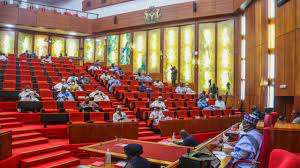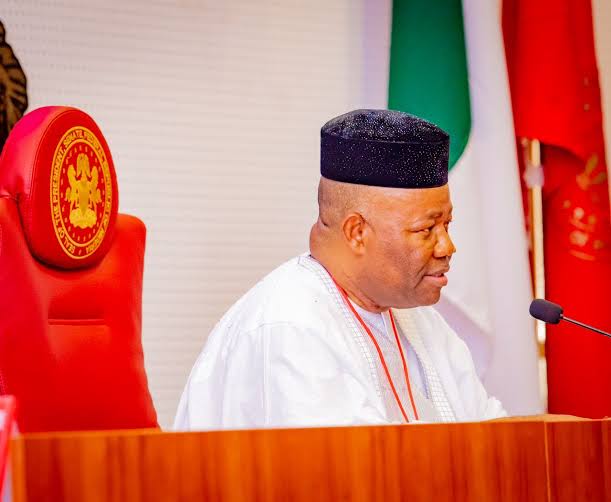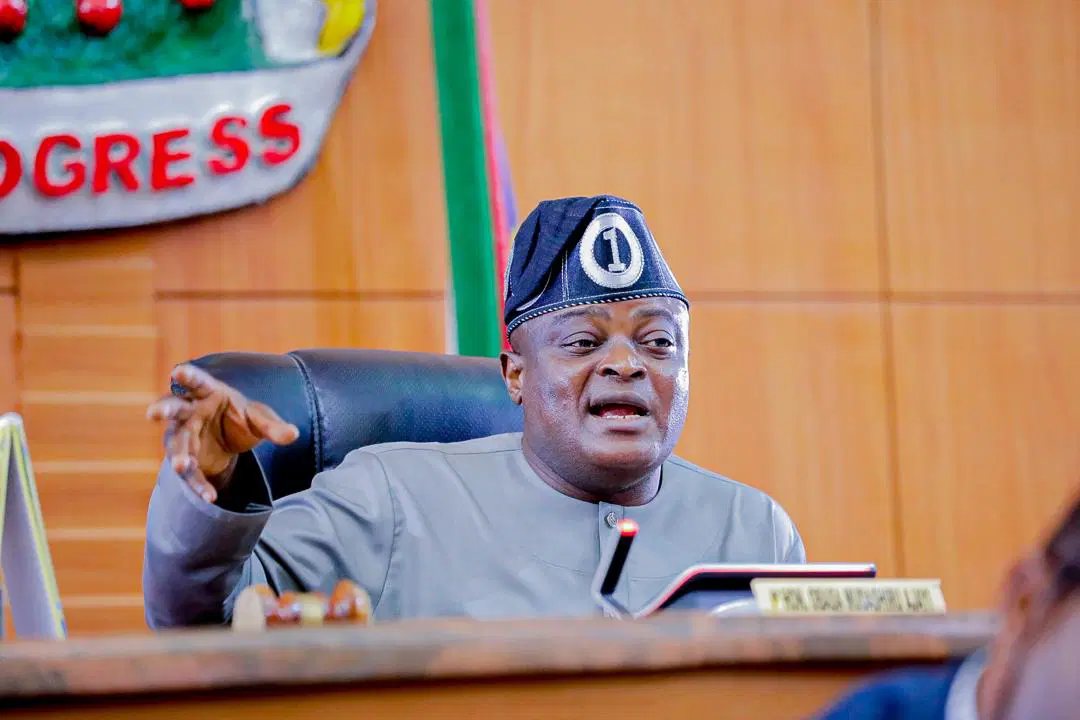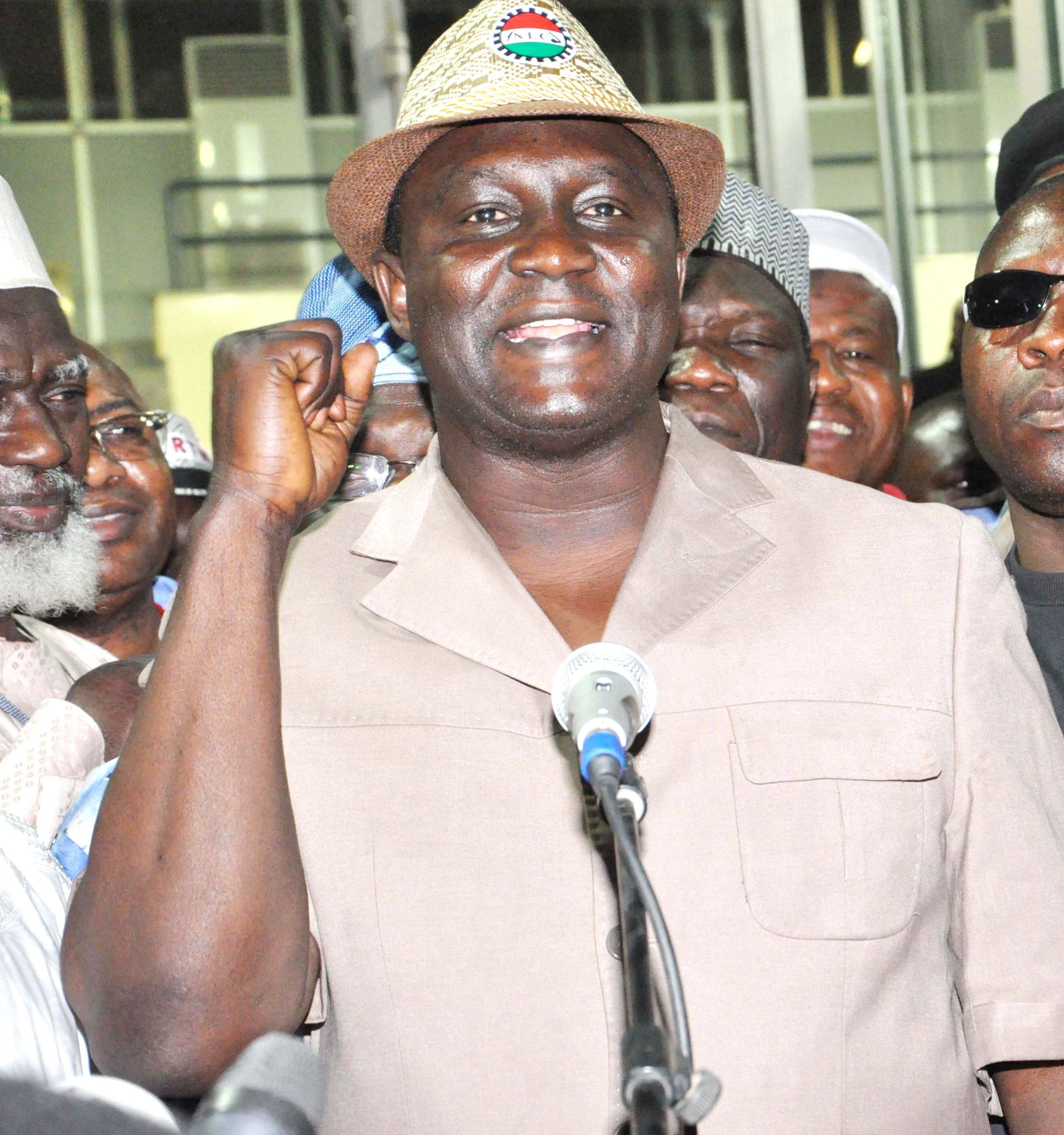Senate Approves Extension of 2024 Budget Implementation Until End of 2025
The Nigerian Senate has officially extended the implementation of the capital component of the 2024 national budget until December 31, 2025, marking the second such extension in less than a year. The move, made during Tuesday’s plenary session, is aimed at allowing the federal government more time to complete several ongoing infrastructure projects across the country.
The extension was confirmed by Deputy Senate President Barau Jibrin, who presided over the plenary. It followed the swift passage of the amended appropriation bill, which went through first, second, and third readings within the session. The Senate Committee on Supply reviewed the bill before it was approved.
Senator Olamilekan Adeola, Chairman of the Senate Committee on Appropriation, led the debate in support of the extension. Representing Ogun West Senatorial District, Adeola stated that the extension was necessary due to limited government resources and the incomplete status of numerous capital projects that were budgeted for in 2024.
He emphasized that failing to extend the implementation period could lead to abandoned projects, causing waste and further delays in key national developments. Adeola urged fellow lawmakers to support the move to ensure continued progress on these critical works.
The 2024 budget’s capital component had originally been slated to end on December 31, 2024, but was first extended to June 30, 2025, following a request by President Bola Tinubu. At the time, the president cited the need to optimise capital spending and complete already-started infrastructure efforts.
Now, with the June deadline approaching and several projects still incomplete, the Senate has agreed to a further extension to year-end 2025. This means Nigeria will operate two budgets simultaneously: the 2024 budget, still in implementation, and the 2025 budget, which is already in effect.
While some analysts have criticized the extension, saying it exposes inefficiencies within federal Ministries, Departments, and Agencies (MDAs), others have defended the move, noting it is necessary to avoid waste and ensure the country gets full value for its budgetary allocations.
The extension reflects the ongoing struggle to align budget execution timelines with actual project delivery and underscores the need for stronger institutional planning and monitoring mechanisms in Nigeria’s public sector.















